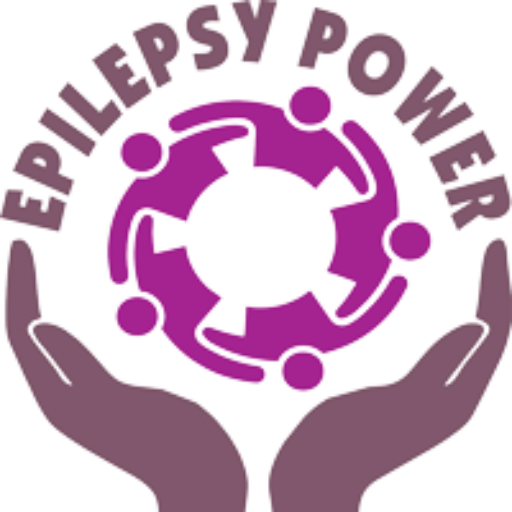- Introduction
- Section 1: Understanding Social Communication
- Section 2: Recognizing Barriers to Effective Communication
- Section 3: Active Listening Skills
- Section 4: Non-Verbal Communication
- Section 5: Emotional Intelligence
- Section 6: Overcoming Communication Anxiety
- Section 7: Effective Conflict Resolution
- Section 8: Building Social Skills in Specific Contexts
- Conclusion
- Quiz
Content:
This section explores the concept of emotional intelligence and its role in social communication. You will learn how to recognize and manage your own emotions and understand others’ emotions empathetically. Additionally, you will explore strategies for effectively expressing emotions and building emotional connections.
Tasks:
Assess your own emotional intelligence by completing a self-reflection questionnaire and create an action plan for improvement.
Engage in an empathy-building exercise to practice understanding and responding to others’ emotions.
Emotional intelligence refers to the ability to recognize, understand, and manage our own emotions, as well as to recognize and empathize with the emotions of others. It plays a significant role in social communication, influencing how we navigate relationships, understand others’ perspectives, and effectively express ourselves. Developing emotional intelligence is key to enhancing social interactions and fostering positive and meaningful connections with others.
One aspect of emotional intelligence is self-awareness. Self-awareness involves being in tune with our own emotions, recognizing their triggers, and understanding how they affect our thoughts and behaviors. By developing self-awareness, we gain insight into our strengths, weaknesses, and patterns of emotional responses. This awareness allows us to better regulate our emotions and make conscious choices in our communication.
Self-regulation is another important component of emotional intelligence. It refers to the ability to manage and control our emotions, especially in challenging or stressful situations. By practicing self-regulation, we can avoid impulsive reactions and respond to others with greater empathy and understanding. This skill enables us to stay calm, focused, and composed, even in emotionally charged interactions.
Empathy is a fundamental aspect of emotional intelligence. It involves the ability to understand and share the emotions of others, putting ourselves in their shoes. Empathy allows us to connect with others on a deeper level and respond to their emotions with compassion and sensitivity. By cultivating empathy, we become better attuned to non-verbal cues, emotional signals, and the underlying needs and motivations of others.
Developing emotional intelligence requires intentional effort and practice. Here are some strategies to enhance emotional intelligence:
Practice self-reflection: Set aside time for self-reflection and introspection. Journaling, meditation, or engaging in activities that promote self-awareness can help deepen our understanding of our emotions, triggers, and patterns of behavior.
Cultivate self-regulation techniques: Explore strategies for managing and regulating your emotions, such as deep breathing exercises, mindfulness, or seeking support from trusted individuals. By learning to pause and respond thoughtfully, rather than reacting impulsively, we can communicate more effectively and avoid unnecessary conflicts.
Develop active listening skills: Actively listen to others with genuine interest and curiosity. Pay attention not only to their words but also to their tone of voice, facial expressions, and body language. Practice putting yourself in their shoes and strive to understand their emotions and perspectives.
Show empathy and compassion: Practice empathy by acknowledging and validating the emotions of others. Show genuine care and understanding, and avoid judgment or dismissive responses. Reflecting back what you understand about their emotions can help create a safe and supportive space for communication.
Seek feedback and learn from experiences: Be open to receiving feedback from others regarding your communication style and emotional responses. Reflect on these insights and use them as opportunities for growth and improvement. Learning from past experiences helps develop greater emotional intelligence over time.
Emotional intelligence significantly impacts social communication and relationships. By developing emotional intelligence, individuals can:
- Enhance relationships: Emotional intelligence fosters deeper connections and stronger relationships. By understanding and empathizing with others’ emotions, individuals can build trust, mutual respect, and a sense of safety in their interactions. This leads to more meaningful and supportive relationships.
- Reduce conflicts: Effective communication requires managing emotions and resolving conflicts constructively. Emotional intelligence allows individuals to regulate their emotions, understand others’ perspectives, and find common ground. It promotes open dialogue, active listening, and the ability to find mutually beneficial solutions, reducing conflicts and promoting positive outcomes.
- Foster effective communication: Emotional intelligence enhances communication effectiveness by improving self-expression and understanding. By being aware of our own emotions, we can express ourselves more clearly and assertively. By empathizing with others’ emotions, we can adapt our communication style to meet their needs.
